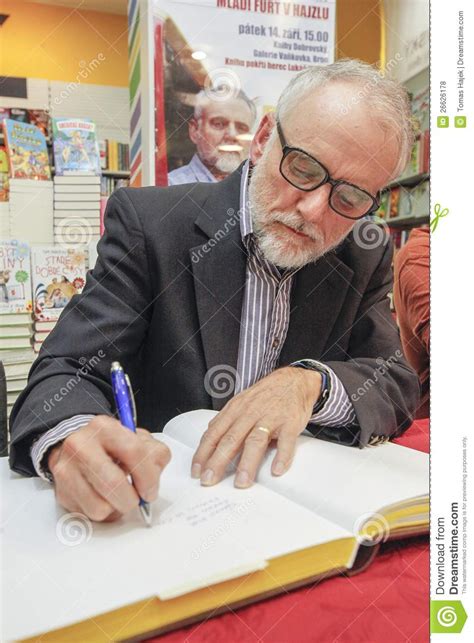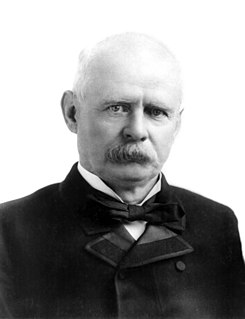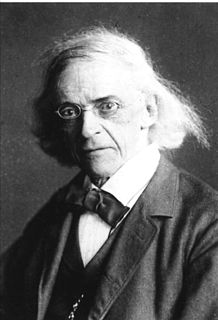A Quote by Peter De Vries
Confession is good for the soul only in the sense that a tweed coat is good for dandruff - it is a palliative rather than a remedy.
Related Quotes
Without the heroic, man has no meaning; without the economic, he has no sense. Economic man is most likely to be economic woman - a good wife, pulling the coat tails of her heroic husband, checking his extravagances of speech and action with words of caution and good sense. But without the heroic coat tails to pull, life for both of them would be dull and savorless indeed.
Reprehension is a kind of middle thing betwixt admonition and correction: it is sharpe admonition, but a milde correction. It is rather to be used because it may be a meanes to prevent strokes and blowes, especially in ingenuous and good natured children. [Blows are] the last remedy which a parent can use: a remedy which may doe good when nothing else can.
But then in what way are things called good? They do not seem to be like the things that only chance to have the same name. Are goods one then by being derived from one good or by all contributing to one good, or are they rather one by analogy? Certainly as sight is in the body, so is reason in the soul, and so on in other cases.
It may seem to your conceited to suppose that you can do anything important toward improving the lot of mankind. But this is a fallacy. You must believe that you can help bring about a better world. A good society is produced only by good individuals, just as truly as a majority in a presidential election is produced by the votes of single electors. Everybody can do something toward creating in his own environment kindly feelings rather than anger, reasonableness rather than hysteria, happiness rather than misery.







































